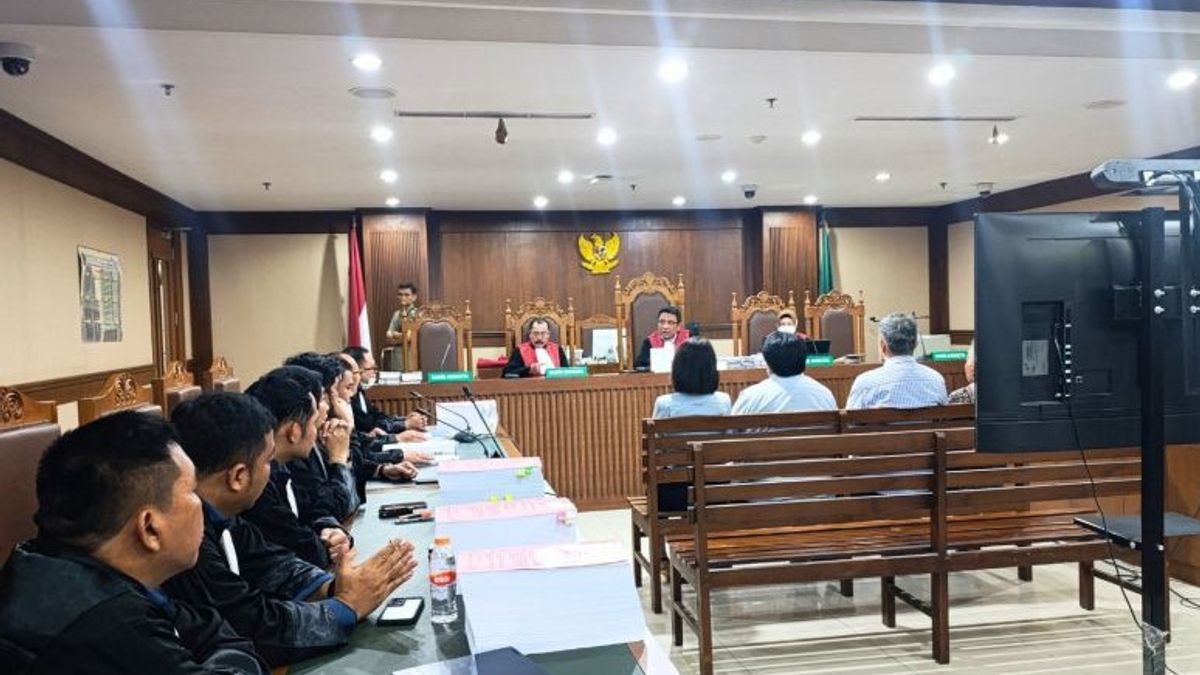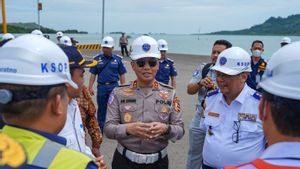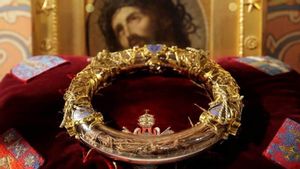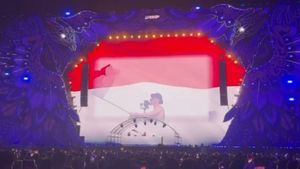JAKARTA The former President Director of PT Timah Tbk, Mochtar Riza Pahlevi Tabrani, never expected to face heavy demands from the Public Prosecutor (JPU). In a trial at the Central Jakarta District Court, he was sentenced to 12 years in prison and a fine of Rp. 1 billion, a subsidiary of 1 year in prison.
In his defense, Riza explained that he joined PT Timah to help companies that were experiencing difficulties at that time. However, his improvement efforts instead resulted in criminal charges, namely accusations of supporting illegal mining.
"On April 6, 2016, I was appointed as President Director of PT Timah (Persero) Tbk. My first task is to fix the company's declining performance due to difficulty obtaining tin ore, as well as improve relations with stakeholders and employees after demonstrations demanding changes in directors," he said before the panel of judges.
Riza explained that when he took office, PT Timah faced quite serious financial difficulties. The company has the potential to fail to pay employee salaries due to the scarcity of tin ore raw materials. On the other hand, the phenomenon of illegal mining is increasingly rife in society.
According to Riza, the emergence of illegal mines began in the era of regional autonomy in 1999, which was followed by the issuance of Kepmenperindag No. 146/1999. This regulation removes tin status as a strategic item for the state to export.
As a result, local governments began issuing their own policies, including Regional Regulation no. 6 of 2001 by the Bangka Regency Government, which opens up opportunities for mass tin mining on land.
This illegal mining activity, said Riza, even penetrated the mining locations of PT Timah.
Illegal miners enter without permission and damage land that has been reclamationd by PT Timah, so that it is not in accordance with good mining practice. This condition is exacerbated by the smuggling of tin ore abroad without any contribution to the country," he explained.
PT Timah, continued Riza, has repeatedly asked law enforcement officials to help curb illegal mines. However, this effort is not effective because mining activities have become a source of livelihood for local people.
Control even sparked social conflict, such as the burning of the office of Governor Bangka Belitung in 2006 and damage to the governor's office in 2012.
To overcome this problem, Riza together with the new board of directors carried out roadshows to various company operational areas. They listen to input from stakeholders and employees, which then generates several strategic steps.
Optimizing production makes maximum use of PT Timah's work facilities in the form of increasing supervision. Tightening supervision of partner mining activities. The ball emput program, which is to collect the remaining mining products (SHP) from the community as part of a mineral conservation program.
"This program refers to Law no. 4 of 2009 concerning Mineral and Coal Mining, as well as Minister of Energy and Mineral Resources Regulation No. 5 of 2017 which mandates an increase in added value of minerals through domestic processing and purification," said Riza.
In addition, this program aims to embrace the community and prevent the sale of tin ore to illegal collectors. "We make the collection of remaining processing products part of the company's production by involving the local community," he added.
However, these efforts lead to criminal charges. The prosecutor assessed that Riza violated Article 2 paragraph (1) or Article 3 in conjunction with Article 18 of the Anti-Corruption Law in conjunction with Article 55 paragraph (1) 1 of the Criminal Code. He was sentenced to 12 years in prison, a fine of Rp. 1 billion, subsidiary to 1 year in prison, and an additional fine of Rp. 493.3 billion, subsidiary to 6 years in prison.
VOIR éGALEMENT:
Riza asked the panel of judges to give a fair decision. He emphasized that there was no intention whatsoever to abuse positions for personal gain. All steps taken are solely for the benefit of PT Timah.
"I could have remained silent enjoying the company's facilities without risk. However, I chose to make strategic decisions in order to maintain the sustainability of PT Timah's business and protect the country's mineral resources," he concluded.
The English, Chinese, Japanese, Arabic, and French versions are automatically generated by the AI. So there may still be inaccuracies in translating, please always see Indonesian as our main language. (system supported by DigitalSiber.id)











